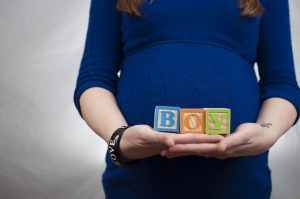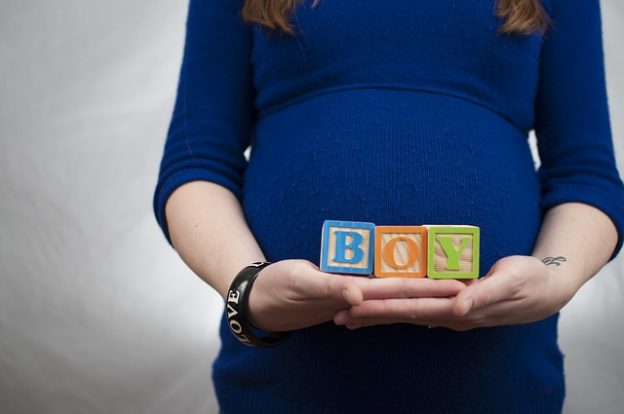 According to studies, women are more inclined to developing gallstones than men because of hormonal changes. The fluctuations of hormones during pregnancy put them even more at a higher risk.
According to studies, women are more inclined to developing gallstones than men because of hormonal changes. The fluctuations of hormones during pregnancy put them even more at a higher risk.
Gallstones can be cumbersome with the pain and the other symptoms associated with it. Having an abdominal pain that lasts more than five hours can be debilitating.
Signs and Symptoms of Gallstones
 Make sure to see a doctor once you’ve experienced or noticed the following signs and symptoms:
Make sure to see a doctor once you’ve experienced or noticed the following signs and symptoms:
- Abdominal pain so intense that you can’t sit still or find a comfortable position
- Yellowing of your skin and the whites of your eyes
- High fever with chills
If left untreated, gallstones may rupture and cause an infection to the other organs.
How is Pregnancy Associated with Gallstones?
Pregnancy can sometimes pose a risk to gallstone formation because of the extra estrogen. The body begins producing more of the hormone estrogen to support your developing baby. This high level of estrogen can further cause the cholesterol levels in bile to build up. This then leads to the development of gallstones.
Women who are taking birth control pills can be at risk of developing gallstones because birth control pills and other hormone replacement therapy meds contain estrogen. At times, gallstones would be removed as soon as the baby is delivered but in some cases, they will be required to undergo endoscopic retrograde cholangiopancreatography (ERCP). Occasionally, patients develop complications related to gallstones that require intervention during pregnancy. Indications for ERCP in pregnancy were recurrent biliary colic, abnormal liver function tests, and dilated bile duct.
Reasons for Undergoing ERCP
ERCP can be a diagnostic and therapeutic tool for patients suffering from a bile duct blockage caused by any of the following:
- Gallstones
- Infection that causes inflammation
- Strictures, or scarring
- Accumulations of tissue or fluid
- Cancerous or non-cancerous tumors
- Improperly functioning bile duct or organ sphincters
The use and safety of this procedure during pregnancy may vary per pregnancy because it is not commonly required and there are just a few recorded cases of a pregnant woman having to undergo ERCP. But a study on pregnant women who underwent ERCP at Parkland Memorial Hospital from 2000 to2006 showed that ERCP can be performed safely during pregnancy. Further, ERCP performed in pregnancy leads to specific therapy in essentially all patients. However, ERCP may be associated with a higher rate of post-ERCP pancreatitis than in the general population.
